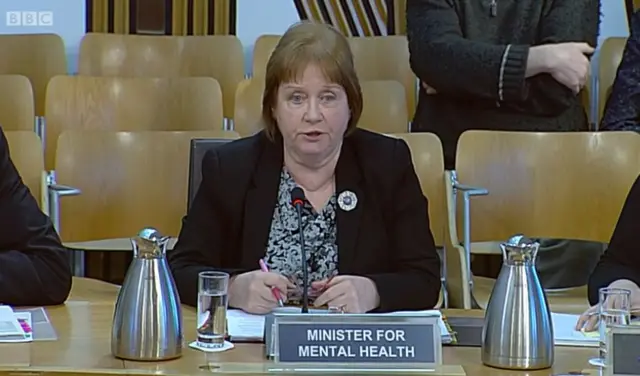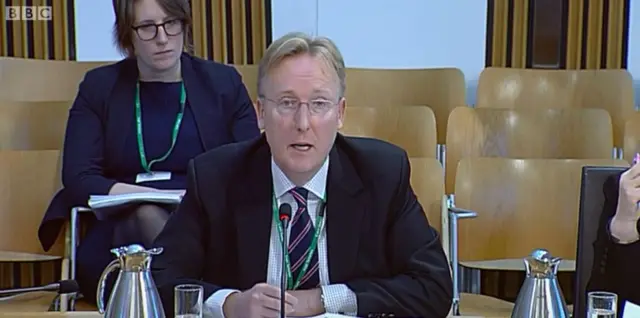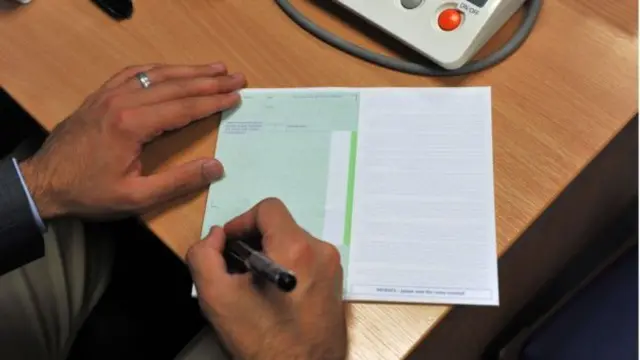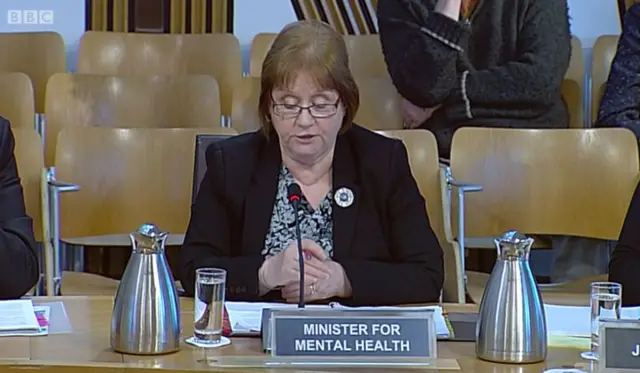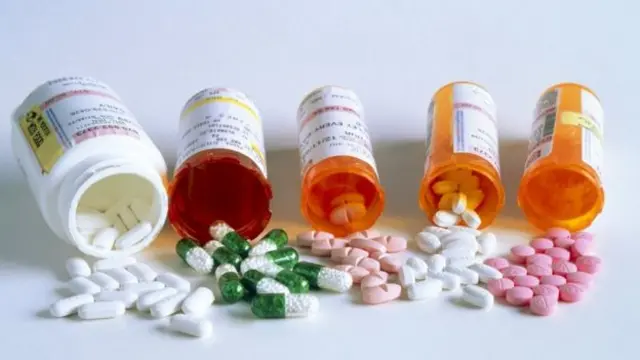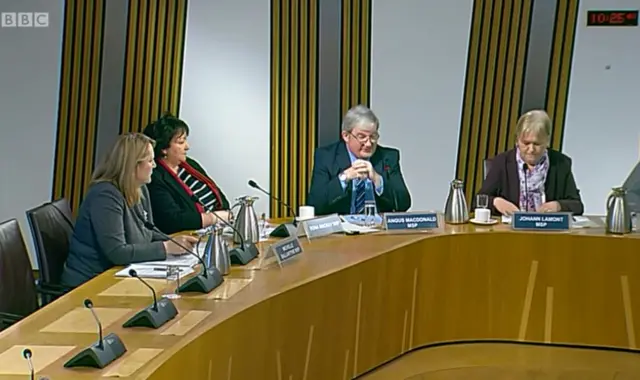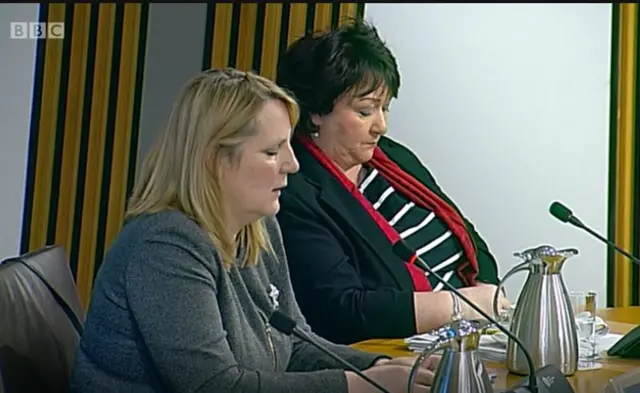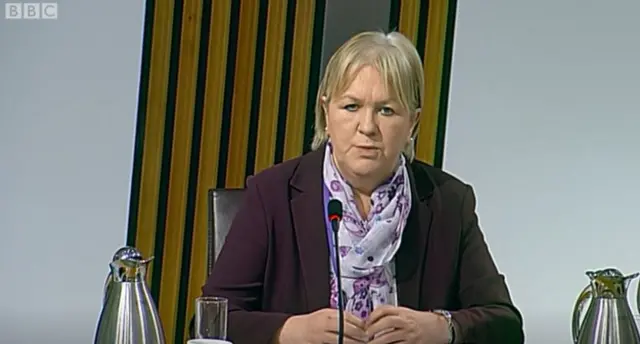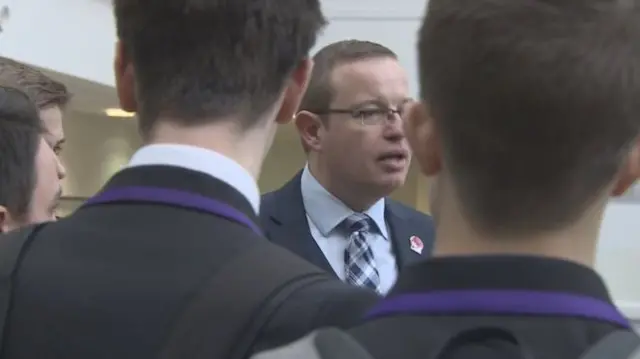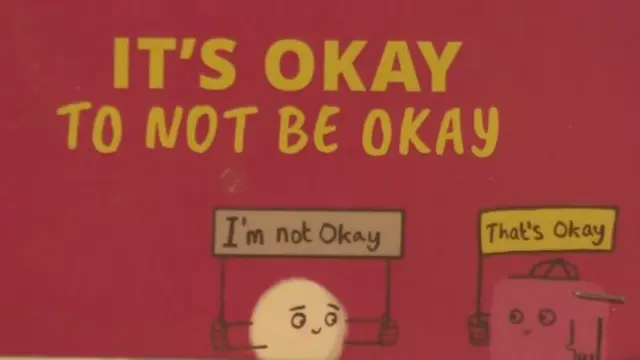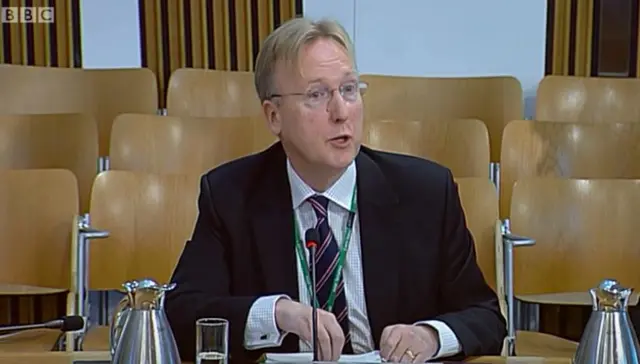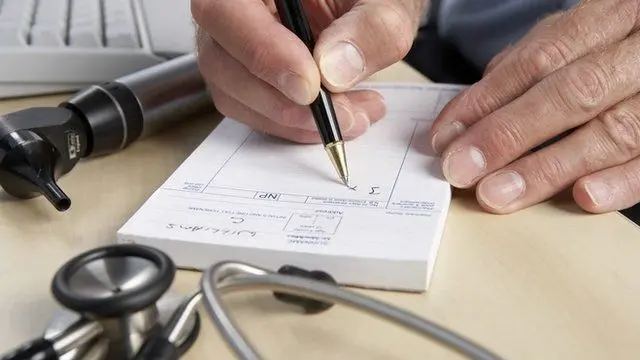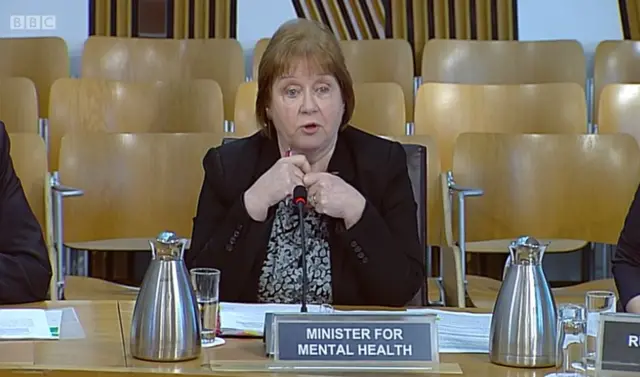Background: Antidepressantspublished at 11:04 GMT 18 January 2018
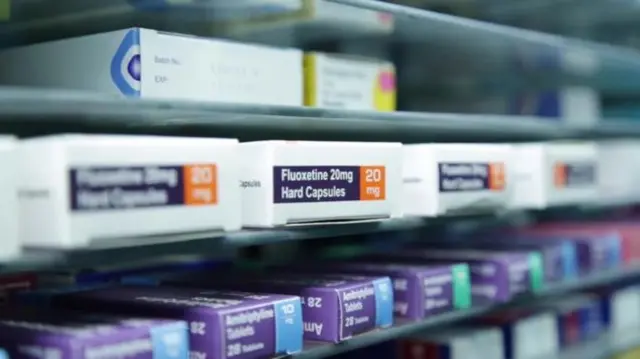 Image source, bbc
Image source, bbc- Antidepressants cost the NHS £780,000 per day
- Between 2005 and 2012, there was a 54% increase in the number of children prescribed antidepressants in the UK
- Common side-effects include dizziness, headaches and feeling sick. These generally improve with time
- Antidepressants can cause serotonin syndrome, which - while uncommon - can lead to seizures, an irregular heartbeat and unconsciousness in the most severe cases
- In rare instances, some people experience suicidal thoughts and a desire to self-harm when they first take antidepressants. People under the age of 25 seem particularly at risk
Sources: Health and Social Care Information Centre, World Health Organization, NHS Choices
